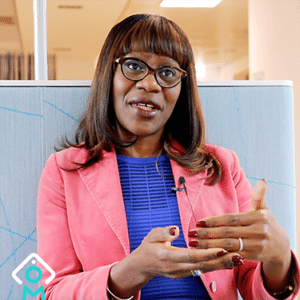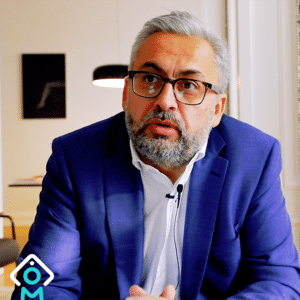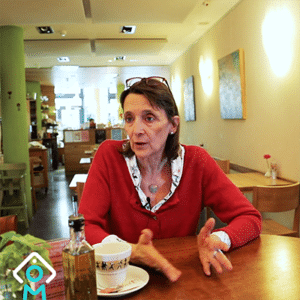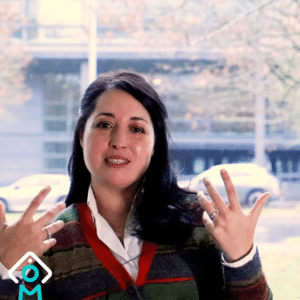Targeting the right customers for your company
Hinde Boulbayem, founder and CEO of Sumy, shares her best practices and lessons learned on convincing clients:
- what key arguments
- steps to convincing
Hinde Boulbayem has created Sumy, a global eco logistics solution delivering professionals worldwide and connecting businesses for a sustainable world.
You liked this content?Share it now!
Bookworm? Read the transcript!
Transcription de l'intervention de Hinde Boulbayem
What key arguments?
Our biggest argument was clearly the environment. But for a company, the first priority is to increase your sales volume so not use new technologies that could hinder their growth. So new technologies, clean, green technologies, aren’t yet known enough in the market and the sector to be easily adoptable. The fear is real. So we mainly needed to put forward our schedule reliability and on second stage, our ecological impact, a smaller environmental footprint.
Steps to convincing
In the sales process, the first things was to actually identify companies who were facing issues that my solution could provide clear benefits to. So the most important and hardest step was identifying them. From there, I offered to do an audit for them, a more in-depth assessment of the issues we had identified. Only after that assessment did I make an offer to my customers, an offer that responded perfectly to their problem at that given time, which fostered a climate of trust. Because the customer realized that before we tried to sell them a solution we wanted to make sure our solution would be beneficial for them. Investing 1 or 2 days of your time in doing an audit for customers lets you fine-tune your offering for better quality, and especially offer them a test-run before the contract starts or the contractual relationship. We’ve gone through those three or four steps every time, but that have led to the customer being won over every time and signing on for three years.
Growing within reason
The Belgian market is small, it’s not American-sized so growth happens either through acquisition or exporting your services. Exporting our services was an option, but more improving our services. The outcome of tests in Luxembourg showed a climate that was positive for developing clean, sustainable energies like green bio-gas, political stability and a stable economic environment, but above all, a position and desire to be positioned logistically. That stability, the ability to produce energy locally in a relatively realistic time-frame compared to other markets are why I wanted to develop activities in Luxembourg that are even tailored to the market since they’re even cleaner than in Belgium as they use natural gases produced from local waste.



